We took the very comfortable High Speed Train from Taipei to Tainan. Tainan literally means “Tai South”, just like Taipei means “Tai North” and Taitung means “Tai East”. With a population of almost two million, it is Taiwan’s fifth largest city and the third largest I have been to (after Taipei and New Taipei City). It’s also Taiwan’s oldest town and was its capital for more than 200 years. It remained a capital under the Dutch, who first built Fort Zeelandia, the Ming, who under the command of Koxinga removed the Dutch, and the Qing until 1887. Several remains of these eras can be visited in Tainan.
Apart from historical places, Tainan is famous for nightmarkets with a great variety of Taiwanese specialties. It is also a big and densely populated city without a sophisticated public transport system (particulary, no subway). This results in very high individual traffic with all its inconveniences. I found the air to be significantly more polluted than in Taipei (where it is quite ok).
Our couchsurfing host lent us two bikes and we headed off to Anping, which would have been an about 30-min. ride if I hadn’t been so terribly scared of the traffic. We finally made it, visited the fortress and headed back into town to see the Confucius Temple. We also went to the nightmarket, but unfortunately I forgot the camera.

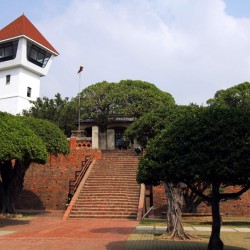
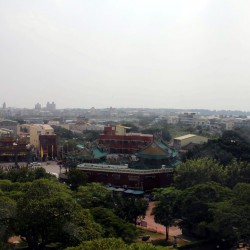
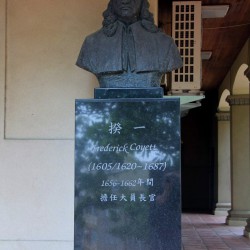
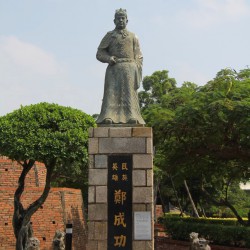
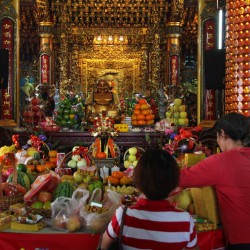
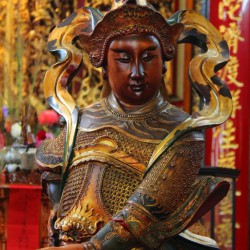
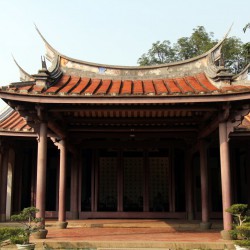
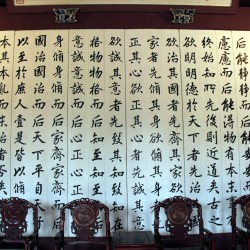
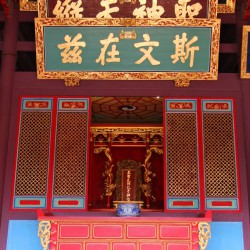
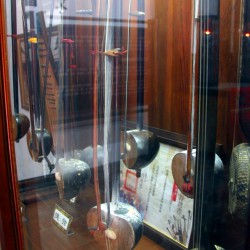
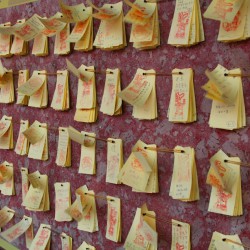
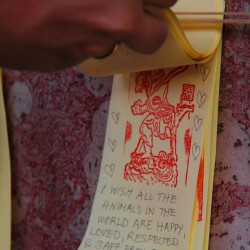
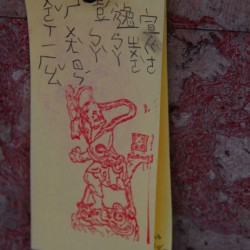
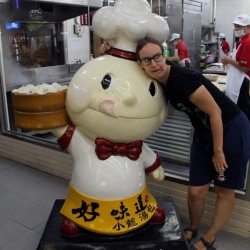

schön, was du alles siehst!
包子 drove you crazy
:*